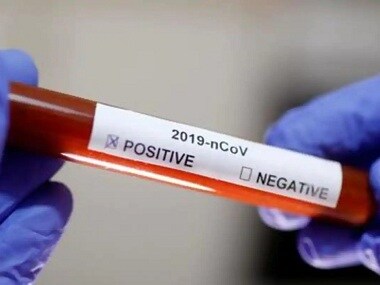In light of the faster spread of the novel coronavirus, following the Tablighi Jamaat incident, the ICMR has suggested serological, or antibody testing, to be included in the diagnostic method as well. Antibody testing is faster than PCR testing - it takes half an hour as opposed to several hours and also gives an idea of how long ago the person was infected. The Indian government has approved the use of 12 test kits, most of them from South Korea and China, and has procured 500,000 so far. [caption id=“attachment_7997561” align=“alignleft” width=“380”]
 Representational image. PTI[/caption]
Representational image. PTI[/caption]
How does antibody testing work?
Immunoglobulin M (IgM) is the first antibody molecule that mounts an immune response to an infection. This is followed by immunoglobulin G (IgG) which continues the fight against the infection. There is a key difference between the two: IgM dissipates from the body soon after appearing whereas IgG provides longer-term immunity and can last a lifetime. Antibody tests work by looking for these antibodies in a blood sample. If only IgM is detected, it means the infection was contracted very recently, a combination of IgM and IgG suggests an infection within a month, and the solitary presence of IgG means the infection was contracted more than a month ago. It should be noted that a negative test does not mean that there was no infection - antibodies can take some time to develop in numbers; only a PCR test can detect a more recent infection since it directly tracks the infection.
What are the benefits and what will India’s approach be?
Antibody tests can be deployed across populations to check those who are immune - an IgG positive test would suggest, in the case of COVID-19, that the person is immune to the disease since rapid reinfection is highly unlikely. These people can be allowed to go back into society without the threat of getting infected again and spreading the disease. Further, antibody testing gives an idea of the spread of infection in a community and indicates when herd immunity is reached. The ICMR suggested that antibody testing be carried out in all the hotspots in the country on those who are symptomatic to gauge the spread of the virus. Positive tests will be confirmed by PCR testing, and even those who return negative antibody tests will be quarantined to aggressively contain transmission. For more information, read our article on Who can get tested for COVID-19 _._ Health articles in Firstpost are written by myUpchar.com, India’s first and biggest resource for verified medical information. At myUpchar, researchers and journalists work with doctors to bring you information on all things health.
)